Hi I want to invoke a method in my angular app from C# code. My angular app resides inside WPF WebBrowser control. Below are the code snippets from C# & Angular.
C# Code snippet:
[PermissionSet(SecurityAction.Demand, Name = "FullTrust")]
[ComVisible(true)]
public partial class WebBrowserView : UserControl
{
public WebBrowserView()
{
InitializeComponent();
myBrowser.Unloaded += myBrowser_Unloaded;
}
private void myBrowser_Unloaded(object sender, RoutedEventArgs e)
{
// This works:
myBrowser.InvokeScript("execScript", new object[] { "this.alert(123)", "JavaScript" });
// This is what I actually want, but it doesn't work:
// For both of these I get the Script Error:
// System.Runtime.InteropServices.COMException: 'Exception from HRESULT: 0x80020101'
myBrowser.InvokeScript("eval", "alertExample()");
string javascript = "CoreHelper.alertExample();";
myBrowser.InvokeScript("eval", new object[] { javascript });
}
}
Angular 10 snippet:
Global function in Global.ts file:
export function alertExample(){ alert('test'); }
Inside an abstract class CoreHelper.ts
export class CoreHelper { public static alertExample(){ alert('happy'); } }
Definitely my alertExample is intended to do a lot more than alerting. I do not want to put any scripts inside index.html.
What is that I am missing/doing wrong here?
I also tried adding the script directly in index.html:
Angular 10 index.html:
<script type="text/javascript">
function test(params) {
alert('index.html');
}
</script>
C#
// This works:
myBrowser.InvokeScript("test");
// This doesn't work:
myBrowser.InvokeScript("eval", new object[] { "test" });
Also tried this:
Angular 10 index.html:
<script type="text/javascript" src="./assets/scripts/global-scripts.js">
</script>
global-scripts.js
function test() {
alert('You have arrived: ');
}
C#
// None of these work:
myBrowser.InvokeScript("test");
myBrowser.InvokeScript("eval", new object[] { "test" });
Thanks,
RDV
